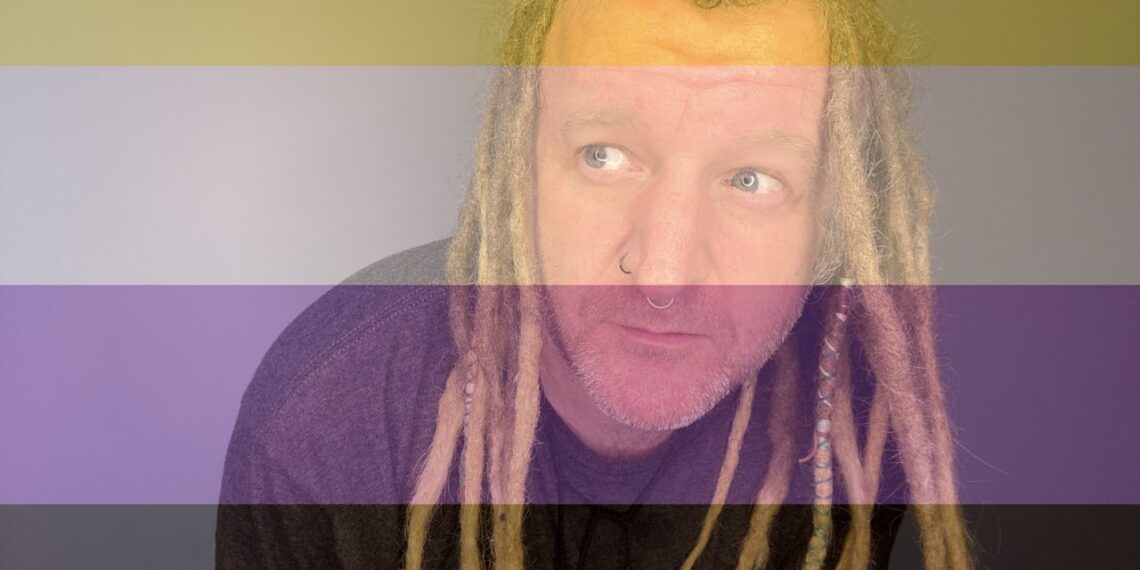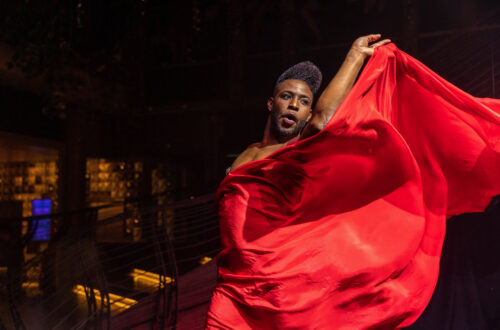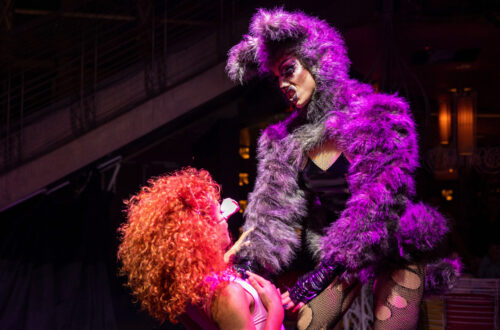
I could never be your woman…Or man.
This was a personal essay I wrote for University, and in the process, I discovered a few things about myself. I initially posted on my previous blog on the 31st of December, 2020. It was 17 years to the day that I came out as gay. I guess you could say I was experiencing another type of coming out.
I could never be your woman… or man.
I’ve been a fan of White Town’s “Your Woman” since I first heard it as a grade tenner in 1997. Its electro-funk groove instantly drew me in, while its 1932 record sample provided that infectious hook that crept into your ears and remained well after the track had finished. With its cryptic lyrics open to interpretation, it was one of my favourite songs. However, in my later life, I’ve grown a love-hate relationship with it. These days it brings up feelings of nostalgia, thinking of my “what if?”
For confidentiality’s sake, let’s call him Skippy. After all, he did have a habit of hopping into one’s life, kicking up shit and making a mess, then skipping right off again. There’s been less destruction to clean up in our later years since we’ve been living with a state between us. We still talk to each other on occasion. It’s one of those friendships where months might go past, but when we do talk, it feels like it was yesterday that we spoke.
We first met in our twenties, working at a pub. We clicked and were instantly inseparable. A strong emotional connection grew between the two of us. Somewhere along the line, it became physical. But there was an issue. While it seemed our attraction to each other did seem to go past gender, at the end of the day, I was gay, he was straight, and in very much the vain of White Town’s hit, I could never be his woman.
From a young age, I felt different. Those words seem to be a recurring theme for anyone that identifies as LGBTQ+. A fact further cemented by my friend Neesha when she used the same words describing the origins of her journey as a trans woman of colour. I was interviewing her as part of an assignment dealing with ethics and representation in writing. Even with a history of marginalisation, the queer community, much like the heteronormative community, is also dictated by white privilege. Queer people of colour, especially those that are trans, are still fighting for a seat at the metaphorical table.
As a white gay cisgender male, I wanted to utilise her words to portray her Samoan heritage and identity accurately. In the process, I thought it would also challenge my responsibilities of ethics and representation as a writer. We knocked back pints and the occasional shot of Fireball for two hours while she shared her experiences. Even with our cultural paths and different paths, I was surprised to find how much we shared in common. We both knew the cruel reality of what high school can be for those seen as different.
A reality she was forced to face when she decided to “not give a fuck” and started wearing a girl’s uniform. As she pauses between sentences, it’s clear the wounds from high school still hurt. She received a lot of criticism from both students and teachers. With the latter, some were supportive, while others just treated her with indifference. Exclusion was a regular occurrence throughout high school. She recalled a school camping trip, where she was forced to sleep in a room and use a bathroom separate to the other students.
Even though it came with its fair share of challenges, I found her respect for her heritage beautiful. She explains that In Samoan culture, “Faʻafafine” is used to identify a third gender role. However, she feels since growing up in Western society, “Faʻafafine” and the responsibilities associated with the cultural identity, doesn’t describe her. Especially with her stance on proudly challenging gender roles.
We both agree there is still much-needed work in the heterosexual and LGBTQ+ communities, especially regarding the acceptance of people of colour and the treatment of transwomen.
‘If it’s not Beyonce, they don’t want it.” She acknowledges there is still work needed within both the heterosexual and LGBTQ+ communities with its acceptance of people of colour and the treatment of women, specifically trans women.
“I hate this expectation that as a queer person of colour, we’re expected to be unapologetic bad bitches,” she says. “We will if we have to. But more than anything I just want to blend in.”
It’s something I have always wanted too. Despite my white cisgender gay male status and a certain level of privilege that comes with it, it has always been a personal struggle within the queer community as well. I remember very clearly when I first heard the words, “You’re not like the other gays.”
Mortified, I pulled up the blankets to cover my naked body. Let’s call him Boom Boy. The name doesn’t need much explanation. I recall pressuring him as to why he felt I was different. He explained that I didn’t like receiving wristies and blowies even though I was really good at giving them. It’s not that I didn’t like them. They just felt weird. And they still kind of do, if I’m being honest.
It’s not that I’m repulsed by my genitalia. I just have some feelings of ambivalence surrounding them. I honestly feel I could have been born without it, and it wouldn’t have been that much of an issue for me. I’ve had these feelings for most of my sexually active life. For this reason, I’m more of the catcher than a pitcher when it comes to doing the deed.
It’s funny that a sports metaphor about anal sex now brings me straight back to Skippy. He used to play AFL. I’d watch him play quite regularly. To his teammates, I was the “cool gay mate that liked sports.” In typical footballer fashion, most games were followed with a piss-up at a pub.
One time after a few beers, Skippy turned to me and said: “you’re just a tomboy caught inside a gay man’s body.”
We laughed about it at the time. It’s funny because he was spot on. The world is very different from what it was back then. Just the other day Juno star, Elliot Page announced that he was trans and non-binary. Having such an Oscar-nominated actor publicly state their trans and gender status has created quite the discussion. While gender identity is not a new concept for me, the question of my own gender identity is.
For the better part of my life, I have blended in, even within the queer community. I’ve played it safe. I’ve purposely kept up an appearance that for the most part, served as a cause not to ask questions. You might even say I’ve been fortunate to utilise my certain level of privilege that comes with being a cisgender white gay male to achieve this. Was this wrong of me? I honestly can’t give a definitive answer. Because at the same time, it has shaped the journey that has brought me to this point.
I’m fortunate to not only personally know a few people who identify as transgender but also others who identify both on and off the gender binary. There are still discussions to be had. I feel there is more to be discovered in how I authentically see myself. I find myself thinking of Skippy and White Town’s song once more. Maybe if we had the knowledge of gender that we have now back then, things might have possibly been different. Then again, perhaps not. Because where I feel I stand right now, I know I could never be his woman. But at the same time, I don’t think I could be his man either.
I’ve come to accept the fact that I identify as non-binary/ genderqueer. What does this actually mean for me? Still trying to work it all out exactly, but I guess it’s never too late to start. My preferred pronouns are They/Them but at the same time I won’t be angry by He/Him, or if this is confusing, simply refer to me as Chad.




